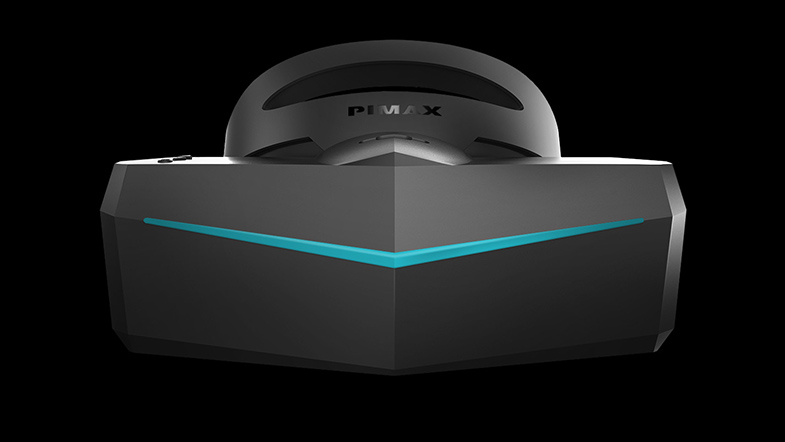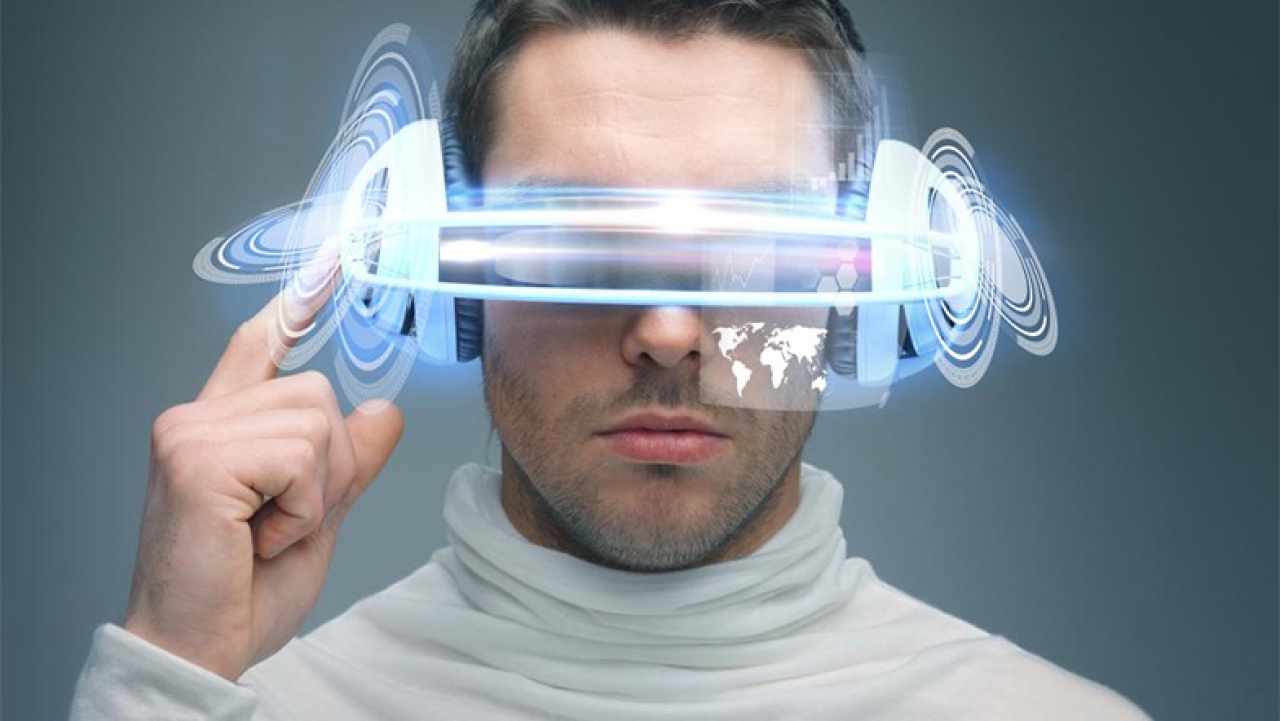Scrolling through any gaming site these days turns up dozens of articles regarding VR. Companies keep popping up, trying to bring an immersive experience to the gamingvers. And while VR is probably the most highly anticipated gaming development in recent memory, it has actually tantalized gamers for decades…
The first big venture into VR was in the 1980’s at Atari’s Sunnyvale Lab.
Their mission: create a VR gaming cabinet so intricate that it would give off odors matching the player’s environment. Armed with a blank checkbook (from Atari’s recent buyer, Time Warner) and the vision of their system in every arcade across the world, Atari set out hiring the best engineers and researchers in the country.
Sadly, the market had other ideas and, after the 1983 video game crash, Atari was scraped, sold for parts, and the Sunnyvale Lab was closed. VR went into hibernation with few rumblings until 1991 when Sega announced their own VR system. But after development difficulties, release delays, and reports of the system causing headaches and motion sickness, the Sega VR was scraped and remained only a prototype.
Possibly the most infamous VR failure was courtesy of Nintendo and their Virtual Boy. Rushed to market, the console was a colossal failure with critics slamming the high price, lack of games, and reported health problems. It seemed like VR was dead. If Nintendo, at the time the most cutting edge and energetic gaming company in the world, couldn't make a quality VR system then would could?
That answer would persist for another decade.
Today behemoths in the tech world are still feverishly working to make VR gaming a reality, however it may be time to start viewing PC as the optimal medium for the hardware. Companies like Microsoft and Sony have a vested interest in building a VR system that's only compatible with their console gaming systems. They don’t really care about functionality for everyone else because they won’t see as high of profits if they make VR for PC, because almost all PC sales cut into their bottom line.
Other companies, fortunately have the means and desire to create a good VR system for PC because they don't manufacture consoles. We’re already seeing huge leaps and bounds in the industry from non-console companies. In fact, arguably the best VR systems today are the Oculus Rift (Facebook’s $2 billion purchase) and the HTC Vive by Valve. Both systems are intended for PC and have been acclaimed by both critics and gamers alike. They're not without their flaws and they have a long way to go, but with over 200 companies actively trying to build a VR system it seems like only a matter of time before we have a viable system.
One of the smaller companies in the VR-verse is Pimax who raised over $4 million to create an 8k resolution headset.

The screenshots of games that the company put out are staggering in their clarity. That means if a small, Kickstarter funded company can beat the likes of Facebook, then what do these other 200 companies have up their sleeves? Since none of them want to be left behind in the VR race they’ll all have to constantly be building and improving to stay relevant, which means PC gamers stand to benefit the most because these companies will be vying for their business. It will be exciting to see the advances that arise in the VR market for PC, and it only seems like a matter of time before gamers have the option of a totally immersive gaming experience.

